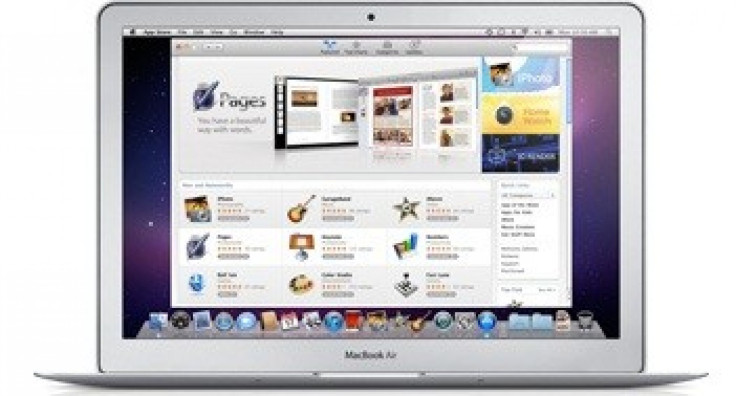Apple Cuts Popular Downloads From App Store

Apple won't be including some of its most popular downloads on its MacBook App Store, set to debut Jan. 6, which will elave many developers without a major distribution avenue.
Apple says in its new guidelines for app developers that it won't have any apps on the store that ask for root access to the system -- essentially programs that ask to alter parts of the files that make the operating system run.
Ordinarily that wouldn't be an issue, but according to a letter to developers leaked this week by Macworld, Apple's Downloads page will be discontinued. That leaves users unable to access some popular applications.
Among them is CleanMyMac, listed as the sixth most popular on the Downloads page. Like a lot of utilities, CleanMyMac, which has functions such as managing system plugins and removing hidden files, needs access to the system in order to work properly. CleanMyMac is published by a Ukraine-based software developer, MacPaw.
They are tying our hands, wrote Oleksandr Kosovan, MacPaw Team Leader, in an email. MacOS was an open platform with rich possibilities. If you needed to use some extraordinary technology or framework there were almost no limitations. And now Apple wants developers to use only 'safe' [application programming interfaces] and frameworks. It is possible to write good applications using these APIs but sometimes it is just not enough. For us it means that we will have to cut out most of our useful tools and functionality to comply with their guidelines.
Other popular applications that could be affected are Snow Leopard Cache Cleaner, another popular download that performs system maintenance by emptying caches used by programs such as web browsers. The program, from Alaska-based Northern Softworks, was the 11th most popular download.
A spokesman for Apple said the decision was made to ensure quality and compatibility, not to shut out any specific applications. He noted that the Disk Utility program from Apple is bundled with the operating system of a Mac, so it doesn't fall under the rules for the App store.
© Copyright IBTimes 2024. All rights reserved.











